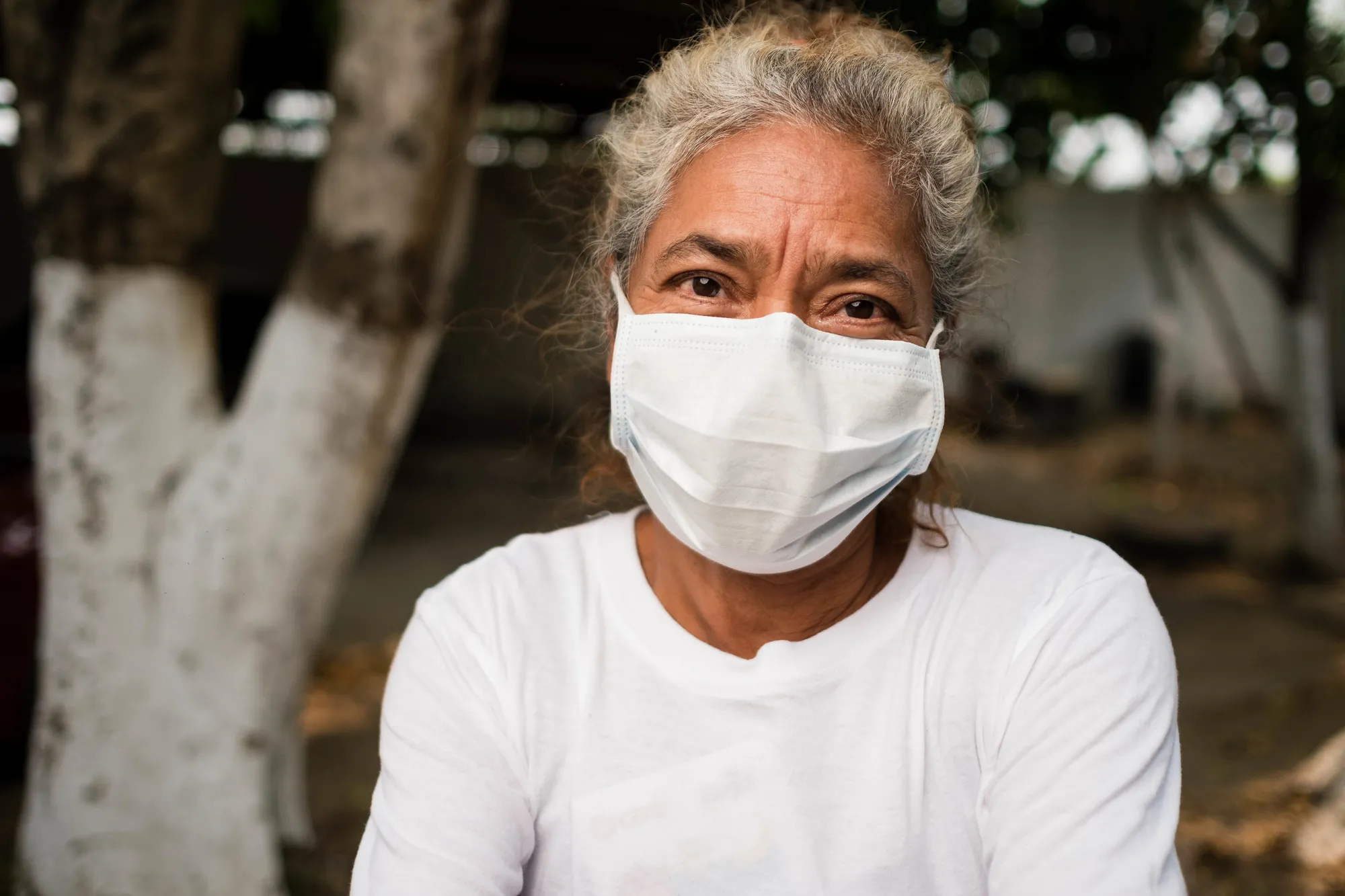An updated analysis by international humanitarian aid organization CARE, done in partnership with Booz Allen Hamilton, a global technology and consulting company, further explores the true financial impacts of COVID-19 to the U.S. economy. The results of the analysis confirm an earlier estimate that the potential cost of a prolonged pandemic to the U.S. economy would be at least $207 billion and could reach as high as $671 billion over the next five years. This estimated cost further highlights the urgency of the global vaccine effort and the need for continued investment to bring the pandemic to a close.
“This updated analysis demonstrates the continued urgency of American investment in a global vaccine campaign,” said Horacio Rozanski, President and CEO of Booz Allen Hamilton. “Until we improve our global vaccination rate, our economy, our healthcare systems, and most importantly, our most vulnerable populations, remain at tremendous risk.”
The analysis found that significant investment in COVID-19 vaccines and economic countermeasures blunted what could have otherwise been an even more significant economic blow when Delta and Omicron hit. However, as the world enters the third year of the pandemic, it remains at serious economic risk unless there is continued U.S. investment in global access to COVID-19 vaccines – including a strong focus on last-mile delivery and frontline healthcare workers.
“When CARE partnered with Booz Allen early in the pandemic to assess the economic impact of failing to lead a fair and equitable global vaccine effort, we knew that the costs would be extraordinarily high,” said Michelle Nunn, CARE’s CEO. “Tragically, after multiple variants ripped across the globe, we have the data to see both the impact of U.S. investment and the economic threats we face if we fail to act. These updated findings from the initial April 2021 analysis should serve as a call to action for the U.S. to renew its leadership in the effort to put the COVID pandemic in retreat, keep new variants from developing in lower- and middle-income countries where vaccination rates are extremely low, and avert further human and economic damage. This is in our power, but we must act now.”
At the UNGA COVID Summit, the U.S. led the world in setting a clear target to vaccinate 70% of the world by September 2022. Based on an economic analysis from the April 2021 report as well as updated cost projections from the Act-Accelerator released in October, CARE determined that the global contribution to vaccinate 70% of the world is $63 billion and, based on the humanitarian cost-sharing from the Organization for Economic Cooperation and Development, that the U.S. fair share of this needed investment is $17 billion. CARE, joined by more than 70 global health organizations, calls on U.S. leadership in the Administration and Congress to fill this critical funding gap that will help vaccinate the world and end the COVID-19 pandemic for everyone, everywhere in 2022.
A separate CARE study found that the cost of effective vaccine delivery is $5 for every $1 spent on vaccine procurement. This includes costs like equipping, paying, training, and supporting frontline health workers, education and vaccine acceptance campaigns, childcare costs for frontline health workers, and infrastructure such as cold chains, vaccine tracking systems, power supplies and administrative costs. Experienced, trusted institutions must lead the global distribution of information, resources, and doses to avoid lengthening the pandemic and extending periods of economic costs and harm.

